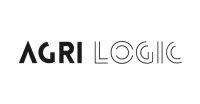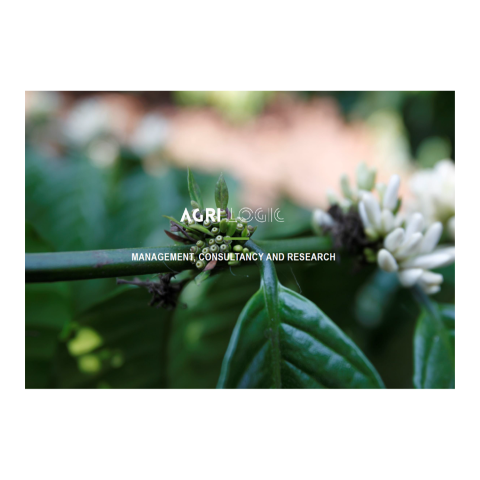IDH’s landscapes programme, ISLA, works together with government, business and civil society to improve livelihoods and contribute to economic development while minimizing environmental harm. One of the focus regions is the Central Highlands region in Vietnam. To gain a better understanding of the effects of its interventions on farmers, industry and landscapes, rigorously collected data at farm level is required.
IDH and the implementing partners in Vietnam use the Farmer Field Book (FFB) methodology to allow rigorous monitoring & evaluation for the ISLA programme. Agri-Logic has developed special software functionalities for this programme and supported the training of field staff. We also perform a large part of the data analysis and reporting of results.
The FFB approach for ISLA includes reports at four levels: the individual farmer level, the farmer group level, the company level and the ISLA programme level. The first set of reports was delivered in July 2017, covering the crop year 2016-2017. The programme level reports can be downloaded below. The reports cover topics such as farm economics of different production systems, toxic loading, carbon footprint, farm economic and agronomic performance and assessment of production practices’ influence on productivity and profitability.






